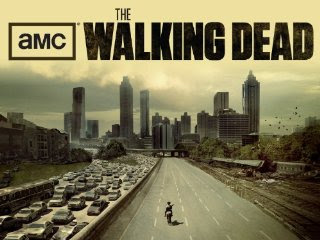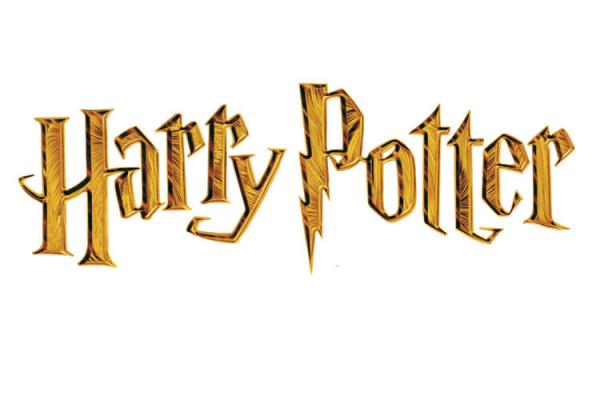
If for some reason you are unfamiliar with what a zombie is, it is usually defined as a genre of film, literature, or game where the dead come back to life as a mindless creature preying on living humans. Traditionally they are known to eat the living, though most often leaving some remains behind to become reanimated as a zombie. To kill one of these things, one needs to kill the brain whether through forced trauma or with a bullet wound. Sounds pretty scary and disgusting doesn't it?
However, the genre of zombie usually concerns itself less with the horror and more so with social commentary. More recent zombie films have critiqued racism, classism, consumerism, science, and individualism. Writing about each of these realms of critique deserve their own article, but it is enough to say that zombie writers and directors are making us look at the horror our sins and wrongdoings unleash upon the world.
Theologically speaking, zombies offer us a closer look at our sins and human brokenness. Anthony R. Mills writes, "Most zombie films end up asserting that other living humans are a greater threat than the hordes of cannibalistic walking dead, not only in the metaphorical suggestions and parallels to real-life systemic injustices but also in the power struggles among the survivors, which often lead to them killing each other" (Don't Stop Believin', 205). Mills' argument is unfortunately true. Our sinfulness and brokenness pits us against each other when we need community most. Ending world hunger...good luck. Ending homelessness...yea right. Education for all...forget about it. Our human condition does not generate life, it creates ruin. We need God's grace to heal our wounds and to restore the world. It is only when we work with each other and with God to end these injustices of the world that the impossible becomes possible.
With all of this said I turn to AMC's The Walking Dead as a prime example of our faith being lived out in zombie film. The setting is typical, a virus has spread across the world turning some into the walking/living dead leaving a small percentage immune to the pandemic. We meet our host of characters in the southern U.S., specifically Georgia. Rick is a former sheriff's deputy who awakens from a coma (he was shot in the line of duty prior to the zombie virus) to find the world he once knew long gone. Eventually he reunites with his family, but he struggles to find the meaning behind all of these terrible things. In the opening episode of season 2, Rick and the group narrowly escape a large group of zombies and take refuge in a church. Rick looks up to the statue of Jesus and asks for a sign that he is doing the right thing:
"I don't know if you're looking at me with what sadness, scorn, pity, love...maybe it's just indifference. I guess you already know I am not that much a believer. I guess I just chose to put my faith elsewhere, my family mostly. My friends. My job. The thing is we...I could use a little something to help keep us going. Some kind of acknowledgment, indication I am doing the right thing. You don't know how hard that is to know. Well, maybe you do. Hey look, I don't need all the answers just a little nudge, a sign. Any sign will do."
He gets no response, at least in the way he was hoping. Rick is struggling to find his faith a midst the horrors of the world and often times we do as well. With the recent military action in the Holy Land, planes being shot out of the sky, gun violence in Minneapolis, and child abusers being brought before the public we sometimes struggle to see exactly where God is working in the world. But God is here, God is not dead. God is working in those who combat the ills of the world, God is working in the the offenders to make them stop, God is sending those on the sidelines into the fray to be a part of the solution and healing of the world. Rick may not have gotten the answer he wanted, but God was working through his leadership to navigate a dark and frightening world for a small band of survivors.
Another scene I would like to mention reflects on what it is to pray. Often times we have a specific prayer we offer up to God, I have opened prayer the same way every night since I was in Sunday School! As a community we all pray the Lord's Prayer. But sometimes those words do not speak from our hearts, sometimes we need different ways to pray. Another character named Herschel, who serves as one of the group's doctors (he was a veterinarian before the zombie take over), has been running around trying to cure everyone of a flu like illness that has infected their now large group who currently resides in an abandoned prison. After a long day of treating people and fighting off a zombie infiltration, he sits down to read the Bible (he was and still remains a Christian), but can't. Instead he weeps. You see, sometimes we can't find the words to pray, sometimes they just don't do us justice. We can learn from Herschel to weep, or maybe to yell, and in some cases laugh. To let our emotion go and lay before God our pains and joys is indeed an honest prayer from the heart.
My hope through this post and previous entries has been to open eyes to the work of God in the world. The Bible might be a closed book, set in stone if you will, but God's work is not. God is alive and well working throughout time and space to bring about healing, redemption, justice, mercy, and peace to the world. We need to listen to the Spirit calling us by our baptismal vows to be partners with God in this world. May we always find God in the unexpected doing the unbelievable.
-Tom

